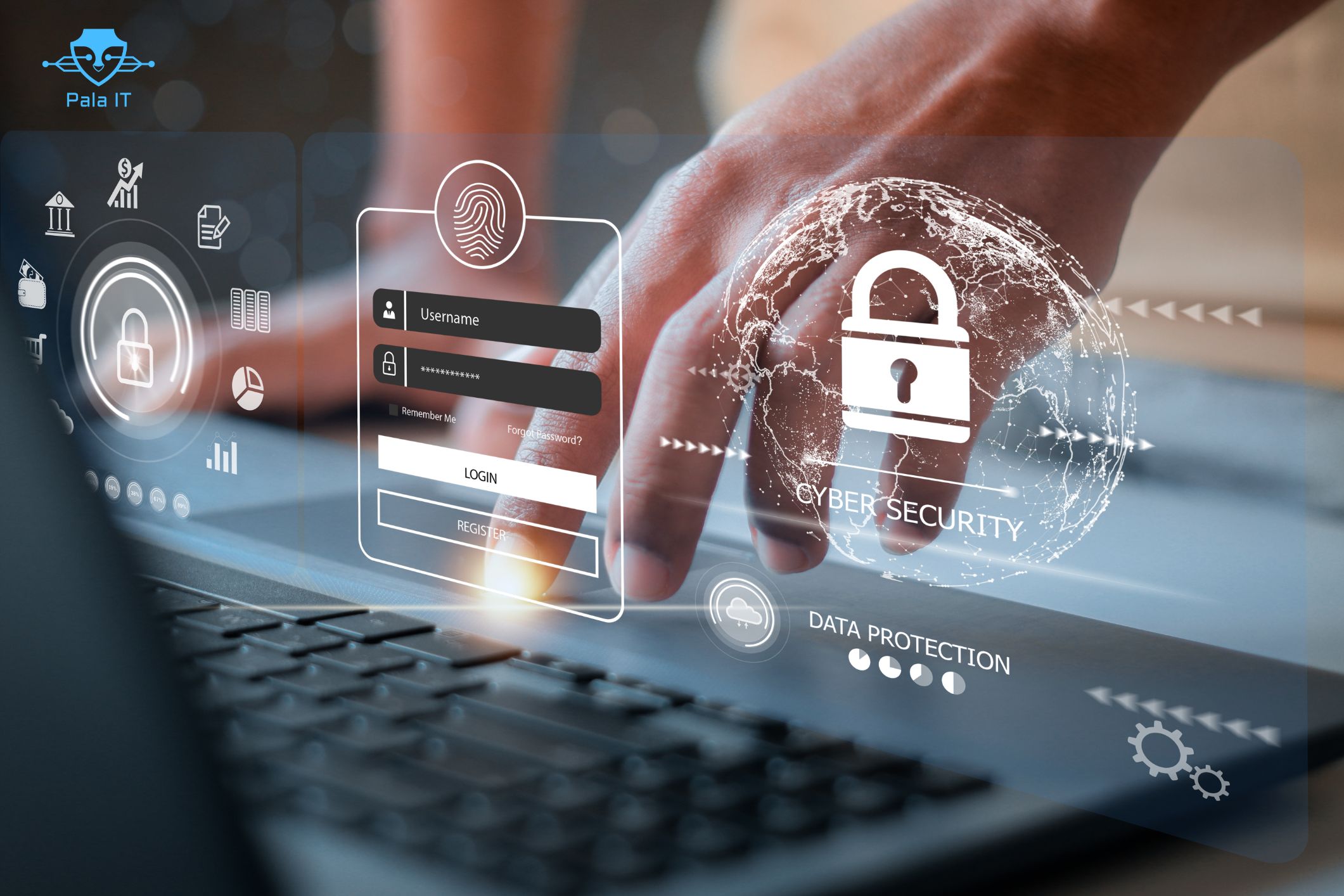Proactive Cybersecurity for Small Businesses: Why Waiting Until After a Breach is Too Late
In today’s interconnected digital landscape, small businesses are increasingly becoming targets for cyber threats. Many small business owners may believe that cybersecurity is only an issue for larger corporations to worry about, but the reality is starkly different. According to recent studies, over 40% of cyber attacks are aimed at small businesses, highlighting the critical need for proactive cybersecurity measures. Waiting until after a breach to address security concerns can have devastating consequences, including financial losses, reputational damage, and legal liabilities. Here’s why it’s so important for businesses to be proactive when it comes to cybersecurity:
1. Prevention is Cheaper than Recovery
Investing in cybersecurity measures upfront is far more cost-effective than dealing with the aftermath of a cyber attack. The average cost of a data breach for a small business can run into thousands or even millions of dollars when you factor in lost business, legal fees, and recovery costs. By implementing cybersecurity practices early, businesses can significantly reduce their risk exposure and financial cost.
2. Protecting Customer Trust and Reputation
Small businesses rely heavily on trust and positive relationships with their customers. A data breach can erode this trust almost overnight. Customers expect their personal and financial information to be handled securely, and a breach can lead to customer churn and damage to your brand’s reputation. By securing sensitive data, you demonstrate your commitment to protecting your customers.
3. Compliance with Regulations
Many industries are subject to regulatory requirements concerning data protection and privacy. Ignoring these regulations can lead to severe penalties or fines. Being proactive about cybersecurity ensures that your business stays compliant with relevant laws and regulations, avoiding legal repercussions that could threaten your operations.
4. Staying Ahead of Evolving Threats
Cyber threats are constantly evolving, and hackers are continually developing new tactics to exploit vulnerabilities. Waiting until after a breach to address security weaknesses leaves your business exposed to emerging threats. Proactive cybersecurity involves staying updated with the latest threats, implementing patches and updates promptly, and continuously improving your security posture to stay one step ahead of potential attackers.
5. Securing Business Continuity
A cyber attack can disrupt your business operations for days, weeks, or even longer. This downtime can result in lost revenue, productivity, and customer trust. Implementing proactive cybersecurity measures, such as regular data backups and disaster recovery plans, ensures that your business can recover quickly from any potential security incidents and maintain continuity.
6. Educating Employees
Human error remains one of the leading causes of security breaches. Proactive cybersecurity includes ongoing training and education for employees to recognize phishing attempts, practice good password hygiene, and understand their role in maintaining a secure work environment. Empowering your employees with the knowledge to identify and report potential threats can significantly strengthen your overall security posture.
Conclusion
In conclusion, small businesses need to be proactive when it comes to cybersecurity. This is where Pala IT can help. The consequences of a data breach extend far beyond financial losses and can impact customer trust, regulatory compliance, and business continuity. By prioritizing proactive cybersecurity measures, small businesses can mitigate risks, protect sensitive information, and safeguard their long-term success. Remember, it’s not a matter of if a cyber attack will happen, but when—being prepared is the best defense.








